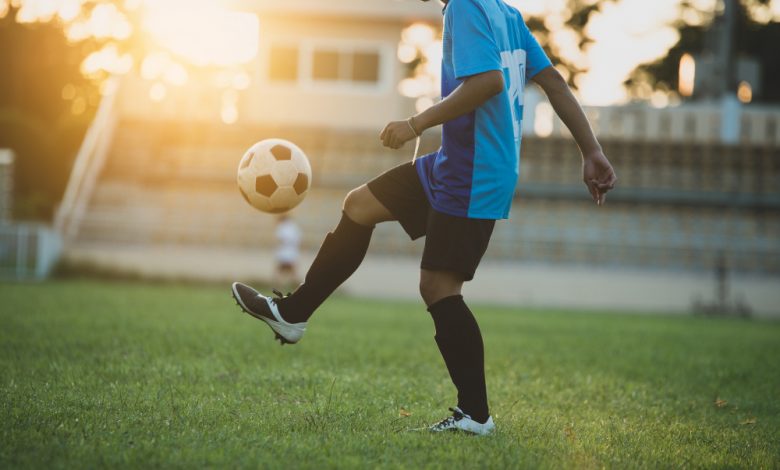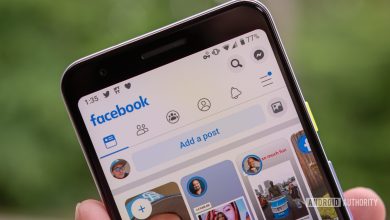
Whenever social media recruitment requirements for college athletes pop up in news. Blogs or articles generally concentrate on recruits who have off-tracked the offer or scholarship owing to their selection of poor media choices.
However, note that social media when properly used can be one of the effective recruiting tools. In fact, a recruit can utilize the power and strength of social media for contacting coaches. Showing coaches what type of recruit they are and also acquire the attention of the college coaches who were not earlier recruiting them.
NCAA rules regarding social media on recruitment:
NCAA social media rules regarding social media concerning recruitment can be really confusing. Football, softball, baseball, women’s lacrosse, men’s lacrosse & women’s basketball coaches are allowed to direct message recruits beginning from 1st September of their junior year of high school.
The DI men’s hockey coaches can DM the recruits beginning from 1st January of their sophomore year. For the rest, DI sports & DII sports coaches can begin DMing recruits on 15th June after sophomore year. At this time, the coaches are even able to share, like, retweet or favorite their recruit’s post. Here is where it gets really tricky.
Coaches are disallowed to publicly communicate with the recruits until after the sportsperson has committed to their program. It means that they are disallowed to post on the FB recruit wall or the Twitter feed till after they have committed to the school.
This may be often referred to as the click does not type rule. This assists coaches to remember that they can simply interact with the recruits’ social media but they cannot actually type anything to them on public profiles. As a recruit, you are not required to fret about such rules. But it is crucial to know what kind of communication to expect from the college coaches.
How college coaches utilize social media in recruiting:
Based upon the program size and resources. Coaches have recruiting coordinators or interns scour Twitter to view which sportsperson have got offers from the rival schools or from similar programs. Coaches do not want to lose out a top recruit – particularly to a rival school.
The next key way coaches utilize social media recruiting is to avail a better understanding of the recruit’s character and personality. In fact, in one of the surveys conducted by Cornerstone Reputation. 83 per cent of college coaches state their staff conducted online research of the recruits.
Of these coaches, about 88 per cent turned towards Facebook, 54 per cent turned towards Instagram, 82 per cent turned towards Twitter to avail insight about the recruit’s character.
From the point of view of coaches, this makes great sense. Signing up a recruit means that their program will invest a great deal of time as well as funds in that person – involving equipment, training and scholarships. Coaches want to keep their work and make correct decisions. They can even utilize fake accounts to assess the potential recruit on social media channels.
Any inappropriate content not just deters the coaches from their recruitment decision but even makes the coaches revoke offers. On the contrary, positive social media posts make the coaches more interested in recruiting you.
Set all your social media accounts to public:
While your initial instinct would always remain to hide all your social media posts from the coaches. In fact doing the opposite is correct. Coaches know that many if not all of the recruits hold at least 1 social media handle. They will make an attempt to search for the same. If they view your profile as restricted, they will think you are hiding something. To eliminate such uncertainties, make it simple for the coach to simply find you.
Follow and ensure to like the sportsperson programs that you are interested in:
Keeping a thorough check on your most favorite teams through social media channels. It is a good way to become alert when the team loses. Wins or get awarded for something noteworthy. These are helpful conversation starters, which you can use when emailing, direct texting or messaging the coach. Coaches really want to know that you are interested in their school and hold insider knowledge regarding the program and that you do your homework well. You might also score alike back or follow back from the coach.
Direct message the coaches for a faster response:
Though we cannot guarantee coaches will respond to all your direct messages. We have through research found that coaches tend to quickly respond to DMs as compared to emails. Just think about the direct message to be any other tool in your belt for communicating with your coaches – few might even prefer to thoroughly go through your social media handles, while the rest prefer to connect with you through text, email or calls. However, note that when sending a message, you should keep your direct messages short, crisp and to the point. In your message give the coach a few key stats regarding yourself. Ensure to link your profile to NCAA social media so that they can check out your info.
Reveal your sports IQ & humbly highlight all your achievements or accomplishments
Your social media account is a good place to upload a few of your best articles regarding sports, share sports-linked inspirational verses or quotes and post certain good videos. Call out the athletic or academic awards you have received, the positive feedback you have got about the current camp experience, college visits that you have been on & firm offers from the coaches. Avoid any kind of inappropriate language, political viewpoint, sexist or racial slurs.
Do not permit other people to post contents, which are inappropriate on your social media account
Monitoring regularly your social media accounts are doing well is a key part of your process of being selected by the coach as you might be dedicated to posting just positive and sports-related content on your social channel but your pals might not do so. You can take the help of FB timeline review to timely check and approve appropriate contents to be displayed on your wall.




